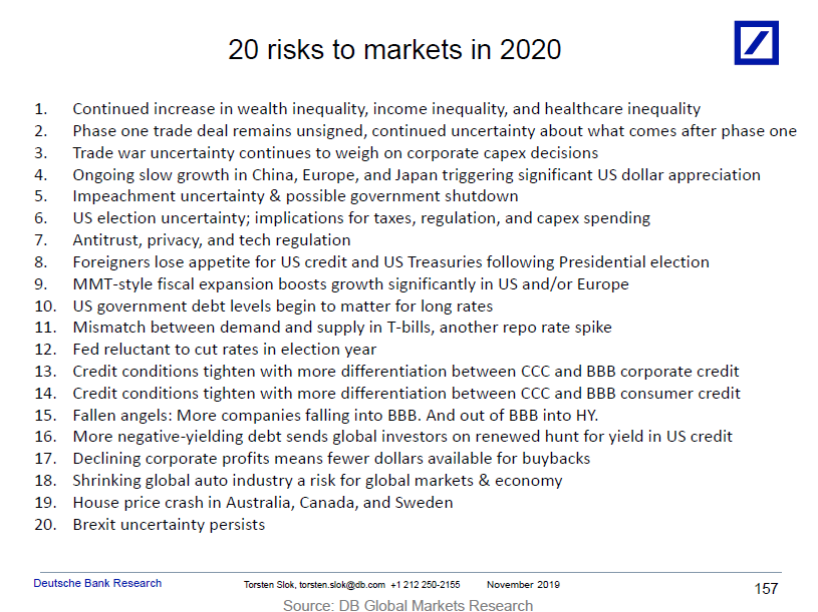
Feb. 24 (Bloomberg) — Ballooning debt is likely to force several countries to default and the U.S. to cut spending, according to Harvard University Professor Kenneth Rogoff, who in 2008 predicted the failure of big American banks.
Following banking crises, “we usually see a bunch of sovereign defaults, say in a few years,” Rogoff, a former chief economist at the International Monetary Fund, said at a forum in Tokyo yesterday. “I predict we will again.”
The U.S. is likely to tighten monetary policy before cutting government spending, sending “shockwaves” through financial markets, Rogoff said in an interview after the speech. Fiscal policy won’t be curbed until soaring bond yields trigger “very painful” tax increases and spending cuts, he said.
Global scrutiny of sovereign debt has risen after budget shortfalls of countries including Greece swelled in the wake of the worst global financial meltdown since the 1930s. The U.S. is facing an unprecedented $1.6 trillion budget deficit in the year ending Sept. 30, the government has forecast.
“Most countries have reached a point where it would be much wiser to phase out fiscal stimulus,” said Rogoff, who co- wrote a history of financial crises published in 2009. It would be better “to keep monetary policy soft and start gradually tightening fiscal policy even if it meant some inflation.”
Click here to read more


